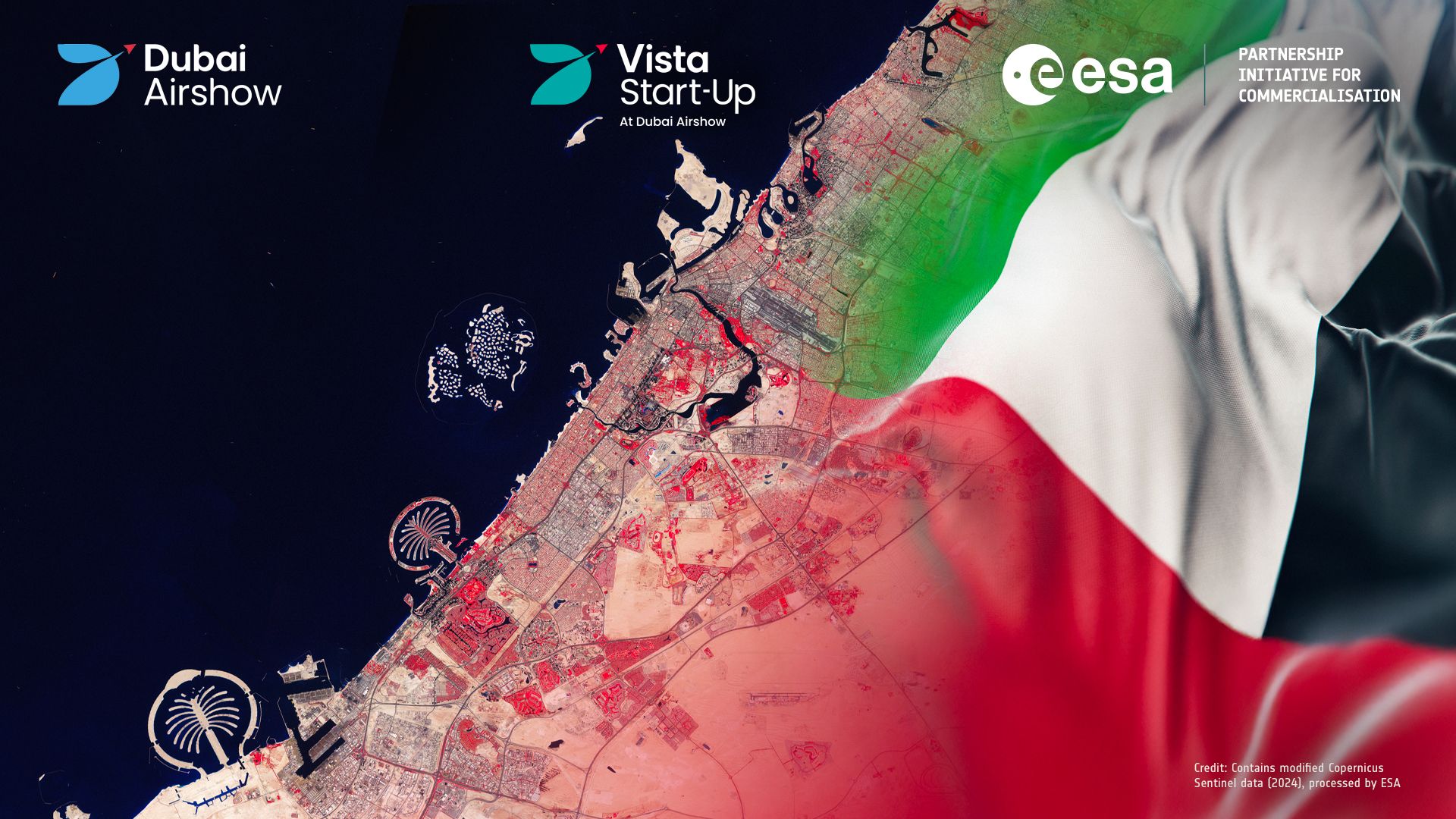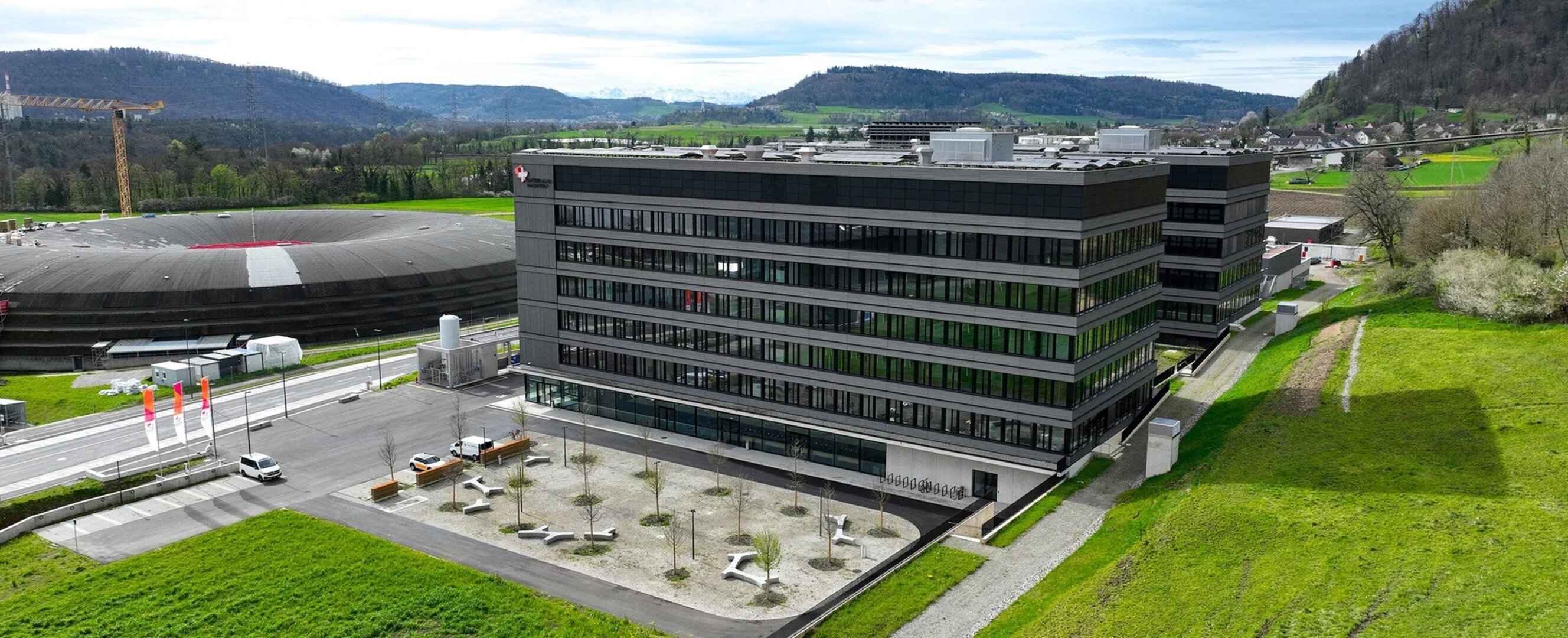On 5 November, the Czernin Palace in Prague hosted the first day of the Space2Business event, aimed at fostering commercial opportunities within the European space sector.
Geraldine Naja, Director of Commercialisation, Industry and Competitiveness at ESA, took part in the “Doing Space Business in Europe” panel, which brought together key industry leaders and stakeholders to discuss the challenges and opportunities facing European space companies.
The challenges for European space companies
The discussion highlighted several challenges for European space companies entering the global market. Global competition requires these companies to excel internationally, not just within Europe. This is intensified by the fragmented European market, where varying requirements and small contracts hinder substantial growth. Financial pressures add another layer of difficulty, with complex access to finance and the need for early profitability straining companies. Additionally, the NewSpace era demands faster and cheaper production, with technological breakthroughs lowering entry barriers and accelerating innovation, which in turn increases competition and drives prices down.
Competition or collaboration
During the panel, it was discussed that European space companies should balance collaboration and competition to drive innovation. Collaboration helps leverage diverse capabilities and form strategic partnerships, while competition enhances efficiency and cost optimisation. The European Space Agency (ESA) supports both approaches.
To compete globally, the panel emphasised focusing on cutting-edge technologies, strategic partnerships, and increased public funding. Investing in talent development, supportive government policies, and exploring emerging markets were also highlighted as key strategies. Prioritising sustainability and green technologies were seen to gain a competitive edge.
Supporting Innovation and New Technology Development
The discussion also focused on how the European space ecosystem can better support innovation and new technology development. Key strategies include de-risking technologies through programmes like FutureEO and Phi-LabNETs, providing comprehensive support for startups and SMEs via Business Incubation Centres and the ScaleUp programme, and evolving ESA’s procurement processes to be more flexible and agile. Additionally, fostering a commercial mindset within ESA, supported by initiatives like the NewSpace Advisory Board and commercialisation policies was underlined.
Changing Customer Priorities
The panel discussed the evolving priorities of European customers in the space industry. They noted that institutional and commercial customers have distinct needs, with a growing focus on “good enough” solutions for commercial markets. There is also a rising demand for innovative and game-changing technologies, with companies exploring new areas like in-orbit services and creating synergies with other sectors. Additionally, targeted support for young companies is crucial, with ESA providing comprehensive assistance through various programmes and initiatives.
Conclusion
The panel discussion during the Space2Business event highlighted the commercial opportunities within the European space sector, providing valuable insights and fostering connections among industry leaders. The participation of Geraldine Naja, Director of Commercialisation, Industry and Competitiveness further underscored ESA’s focus on driving commercial growth and innovation in the space industry.








